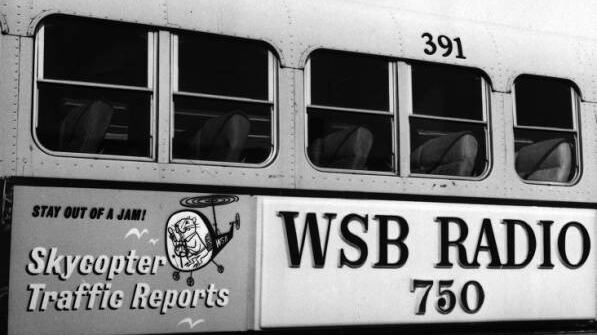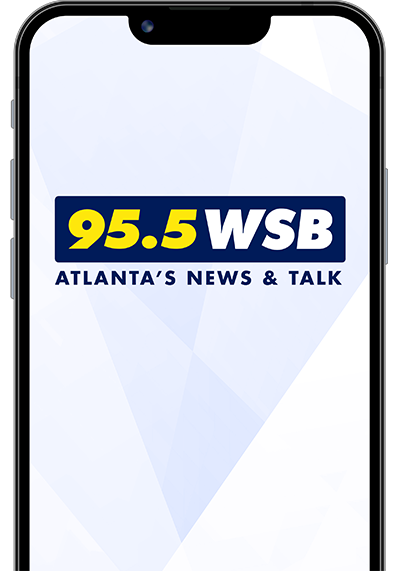For all the national tumult of the late 1960s—wars, assassinations, riots--easily WSB’s most momentous year of the decade was 1962. In June, 106 Atlantans died when an Air France jet crashed on takeoff at Orly, France; the victims included many of the city’s cultural and public leaders returning from a tour of European art. WSB News Director Aubrey Morris rushed to France to cover the story, which was the worst single-plane air disaster in history to that time, the losses of so many prominent figures a devastating blow to Atlanta’s cultural life. That October, as the U.S. and Russia stood at the brink of nuclear war during the Cuban Missile Crisis, WSB was one of six southern outlets which handed its facilities over to the government-run Voice of America for purposes of broadcasting Spanish-language propaganda toward Cuba—a step unprecedented at the time and never repeated to this day. After carrying 11 hours of VOA newscasts for several nights, station executives received a telegram of thanks from President Kennedy, and General Manager Elmo Ellis pledged to cooperate with the government again if a similar crisis arose. When Kennedy was assassinated the following year, WSB carried NBC’s marathon four-day continuous coverage of the aftermath; until September 11th, 2001, this was the longest single news broadcast in history—and the unknown staffer who hit “record” on a tape machine managed to capture for posterity some of the earliest surviving news coverage from the NBC network. WSB’s first traffic helicopter took to the skies in mid-1960, and listeners heard the voices of sportscasters Larry Munson, Milo Hamilton, and Ernie Johnson greeted the Braves when they moved from Milwaukee in 1966 (price for a ticket to Atlanta Stadium: $1). The station had its part in the turbulent civil rights struggle, as well: the news department broadcast extended coverage of the Summerhill riot in 1966; thousands of people demonstrated after a white police officer shot a black suspected car thief. WSB reporter Andy Still was assaulted and a news vehicle overturned by protesters demanding police “Stop Brutality Against The Black Man”. Two years later, extensive network and local coverage of the Martin Luther King, Jr. assassination included station manager Ellis’ call for unity, in a moving tribute to the slain “gentle preacher”.
And an omen of the future: WSB-FM separated its schedule from AM 750 in 1962, broadcasting original programming for the first time.





























